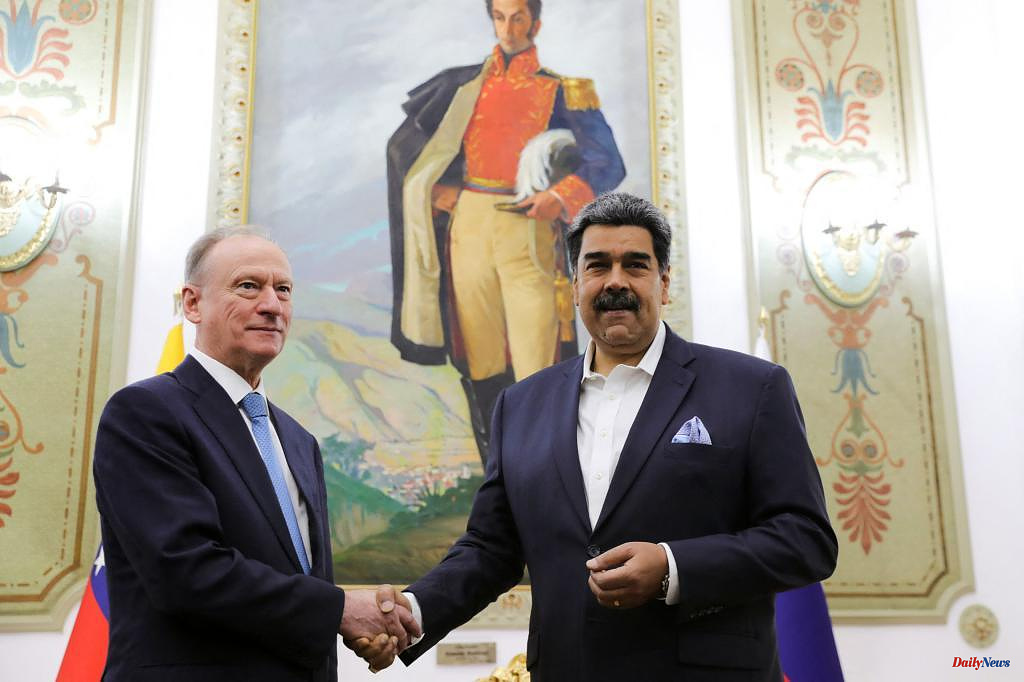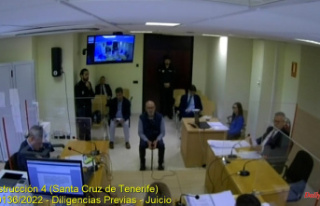Decree extended. President Joe Biden has not hesitated to renew, for one more year, the decree that describes Venezuela as "an unusual and extraordinary threat" to US national security and foreign policy. "Circumstances have not changed" for the White House, despite the slight thaw that began last year with the Russian invasion of Ukraine as a backdrop.
Since Barack Obama implanted this qualification against the Bolivarian revolution in 2015, Washington has insisted year after year that the same circumstances remain: persecution of political opponents, erosion of human rights, curtailment of press freedoms, arbitrary detentions, abuse of power, use of violence and excessive corruption.
Eight years ago, executive order 13692 marked the implementation of the first sanctions against Chavismo, multiplied during the Trump Administration. The most affected at the beginning were the police and military commanders.
The presidential decision, transmitted to Congress, also coincided with the visit to Caracas of Nikolai Patrushev, secretary of the Russian Security Council, closely linked to Putin. This former head of the KGB, known as the hawk among hawks, continues his tour this Friday in Cuba, where he was received today by President Miguel Díaz-Canel and General Raúl Castro.
Venezuela and Cuba, in addition to Nicaragua, are Moscow's great allies in Latin America, as Patrushev has once again made clear, determined to neutralize the advances made by Ukraine in a continent that is highly vulnerable to disinformation originating in Russia and spreading multiplies with revolutionary propaganda. In the last vote at the United Nations, kyiv managed to wrest the vote in favor of Brazil, Argentina, Colombia and Chile in the resolution demanding the withdrawal of Russian troops.
The agreements reached between Venezuela and the US last year after the two trips by Biden's envoys to Caracas remain in limbo, which has increased tension between Maduro and Washington in recent weeks. One of the main points were the licenses for oil exploitation delivered to the multinational Chevron, which in recent days has revealed that oil production may slow down.
However, the main beneficiary of the talks was Nicolás Maduro himself, since he managed to exchange his two drug-nephews for a group of US citizens that he kept imprisoned in Caracas.
To silence any rumors, Brian Nichols, the State Department's undersecretary for Latin America, has insisted that the sanctions on Venezuela remain intact as long as Maduro does not take concrete steps to reach a democratic solution.
In fact, the negotiations in Mexico between the government and the opposition are once again blocked by the decision of the Chavista Executive, which complains of the slowdown in developing the social agreement reached last year. With that first agreement, it was intended to invest 3,000 million blocked in international accounts to improve public services in Venezuela.
One of the major points of contention between the two administrations is the imprisonment of Colombian tycoon Alex Saab, an alleged figurehead for Maduro and the main financial operator of the revolution. The weekly Newsweek assures that a new exchange is being attempted with US prisoners in Venezuelan jails.
According to the criteria of The Trust Project












